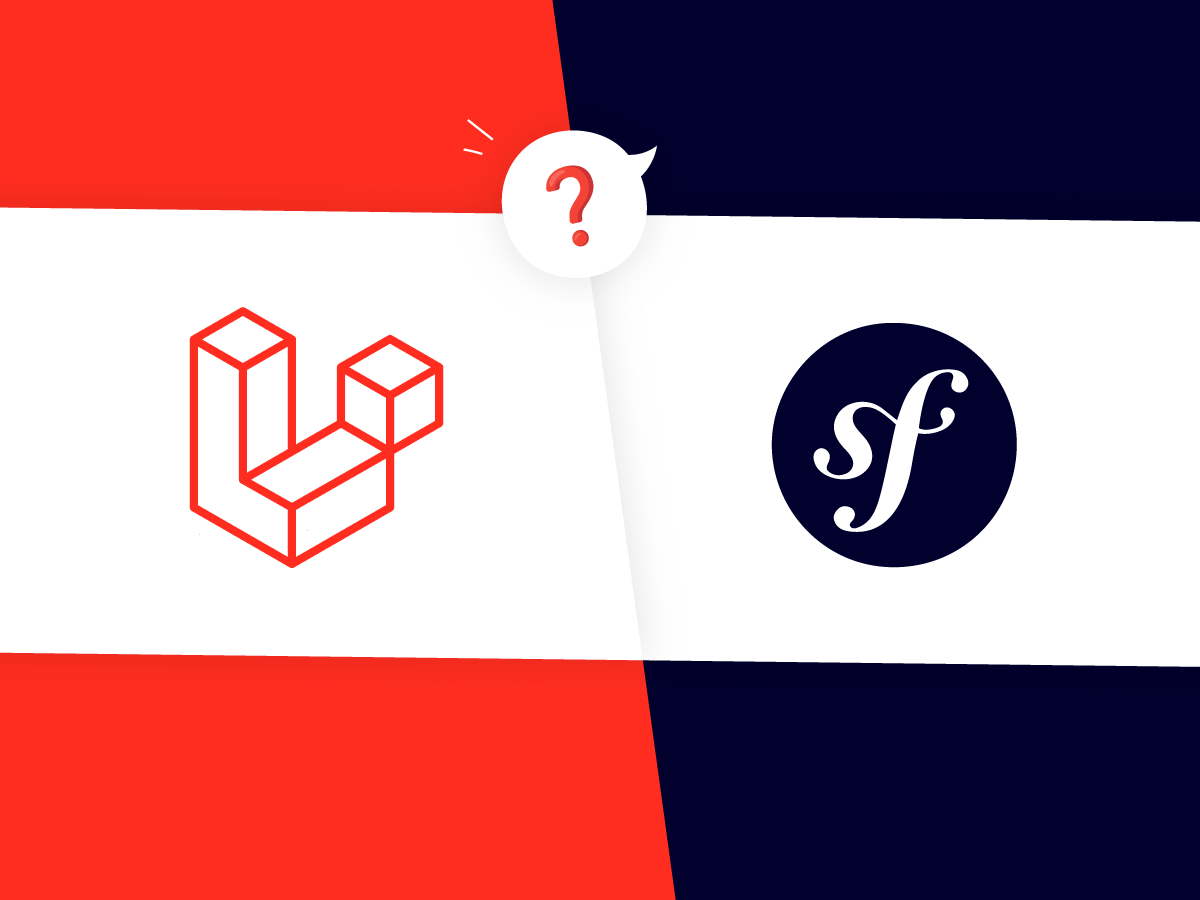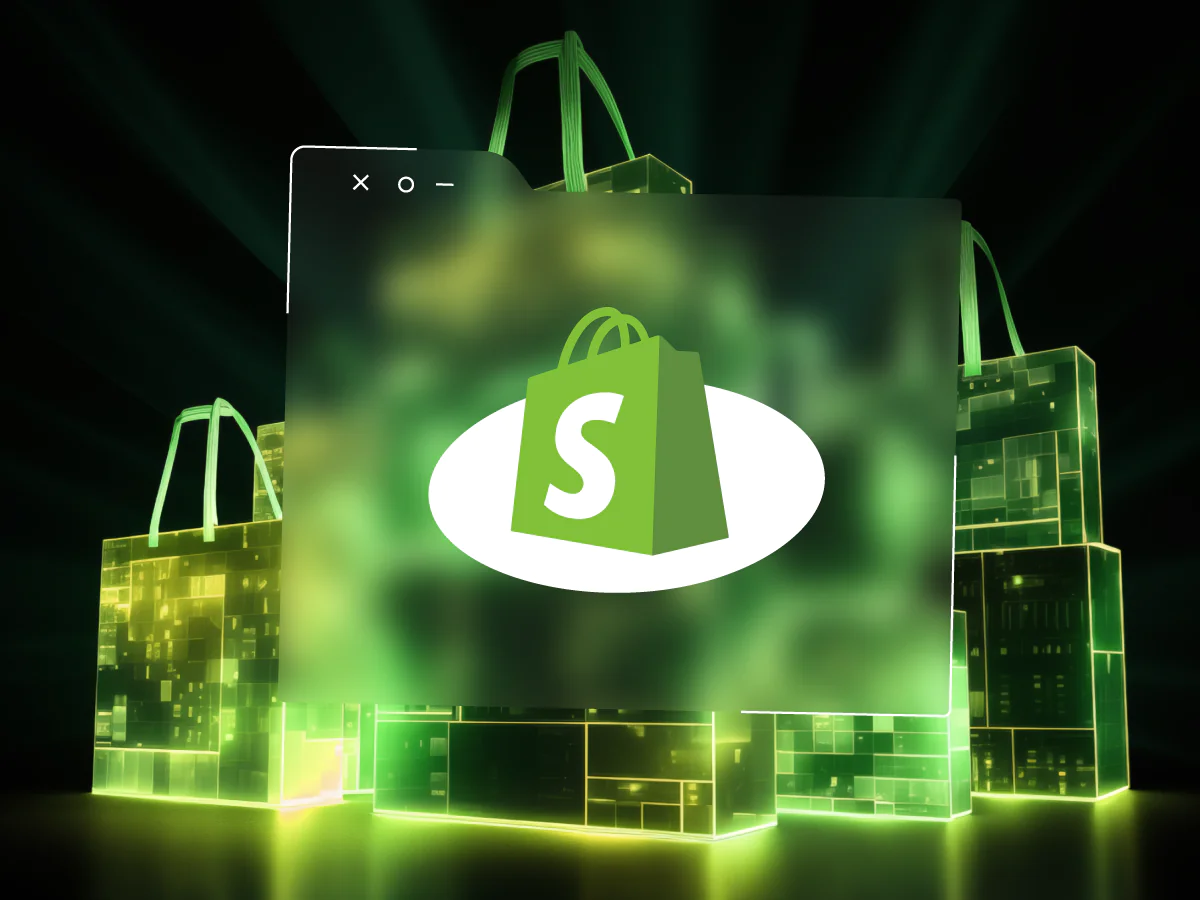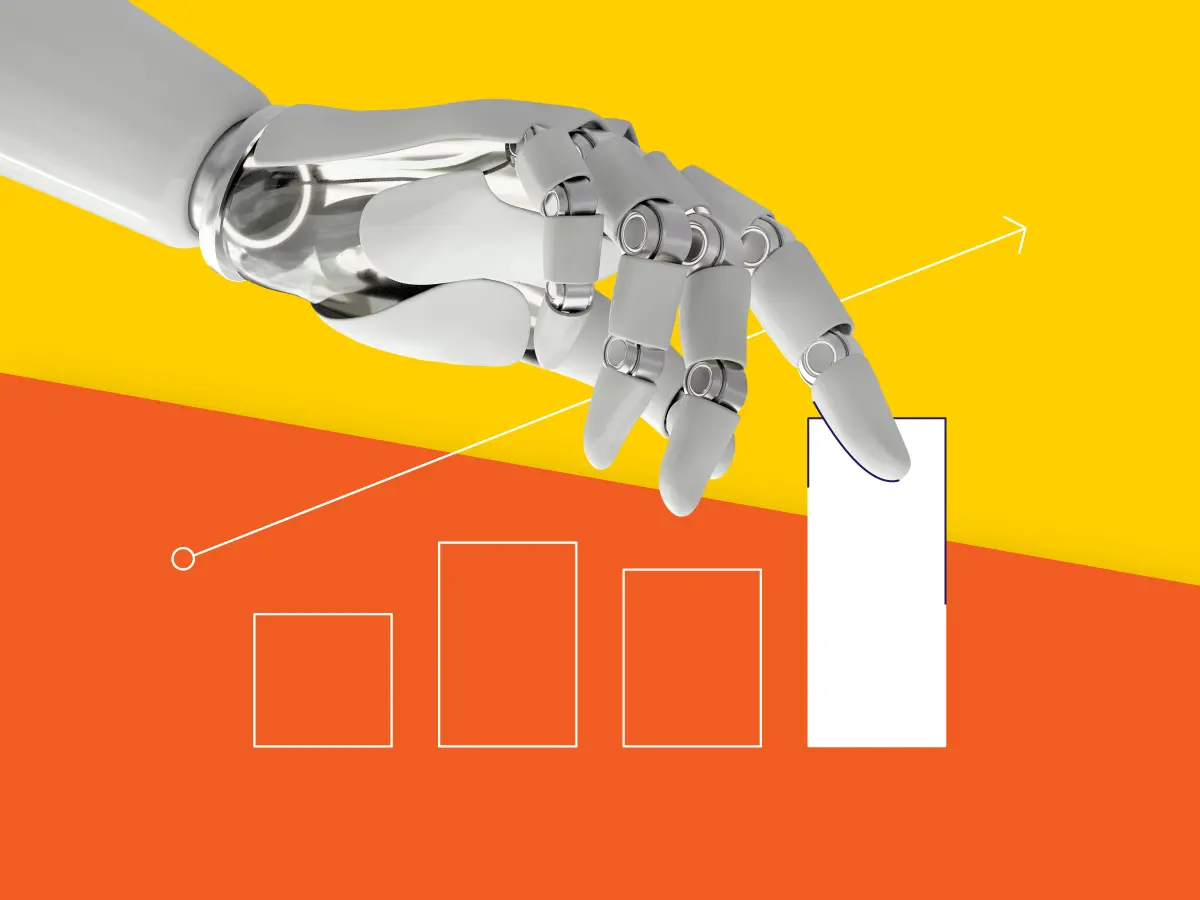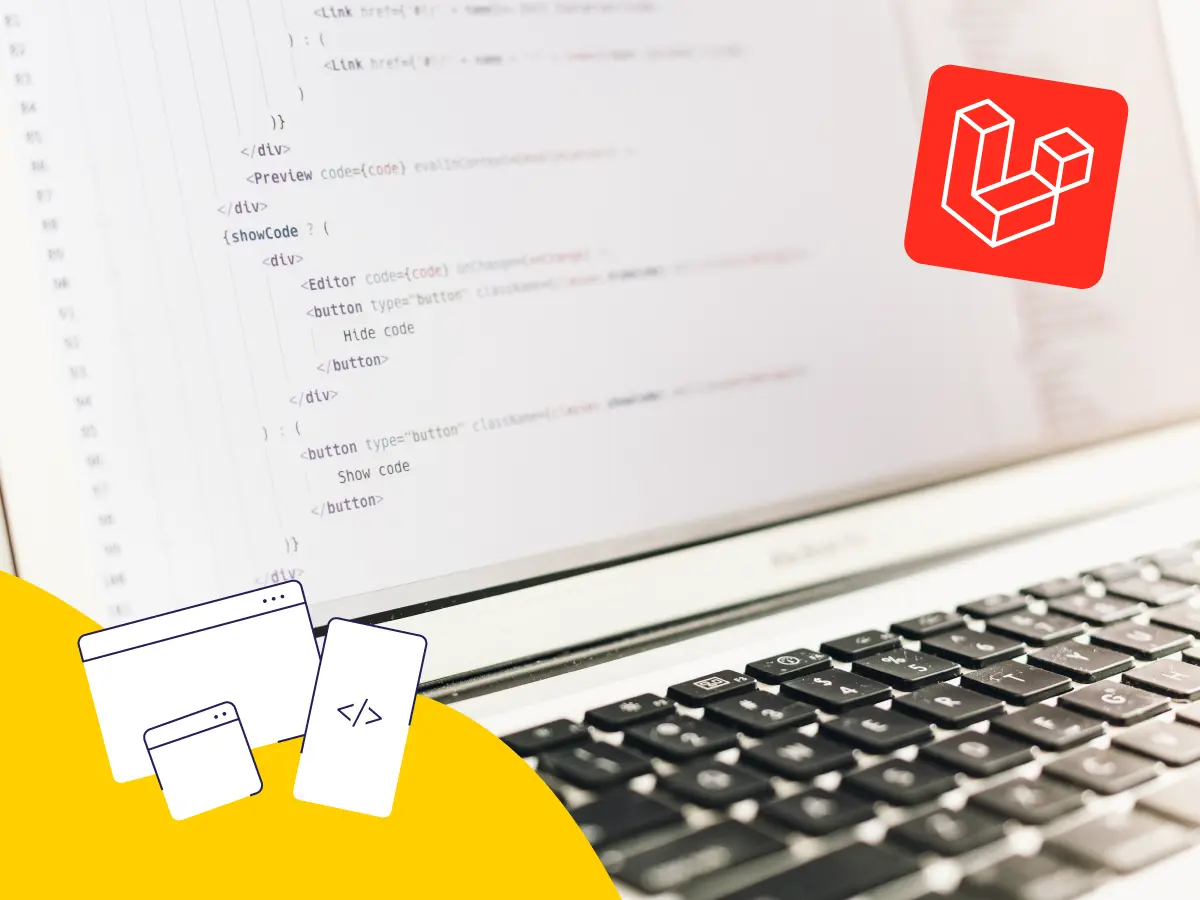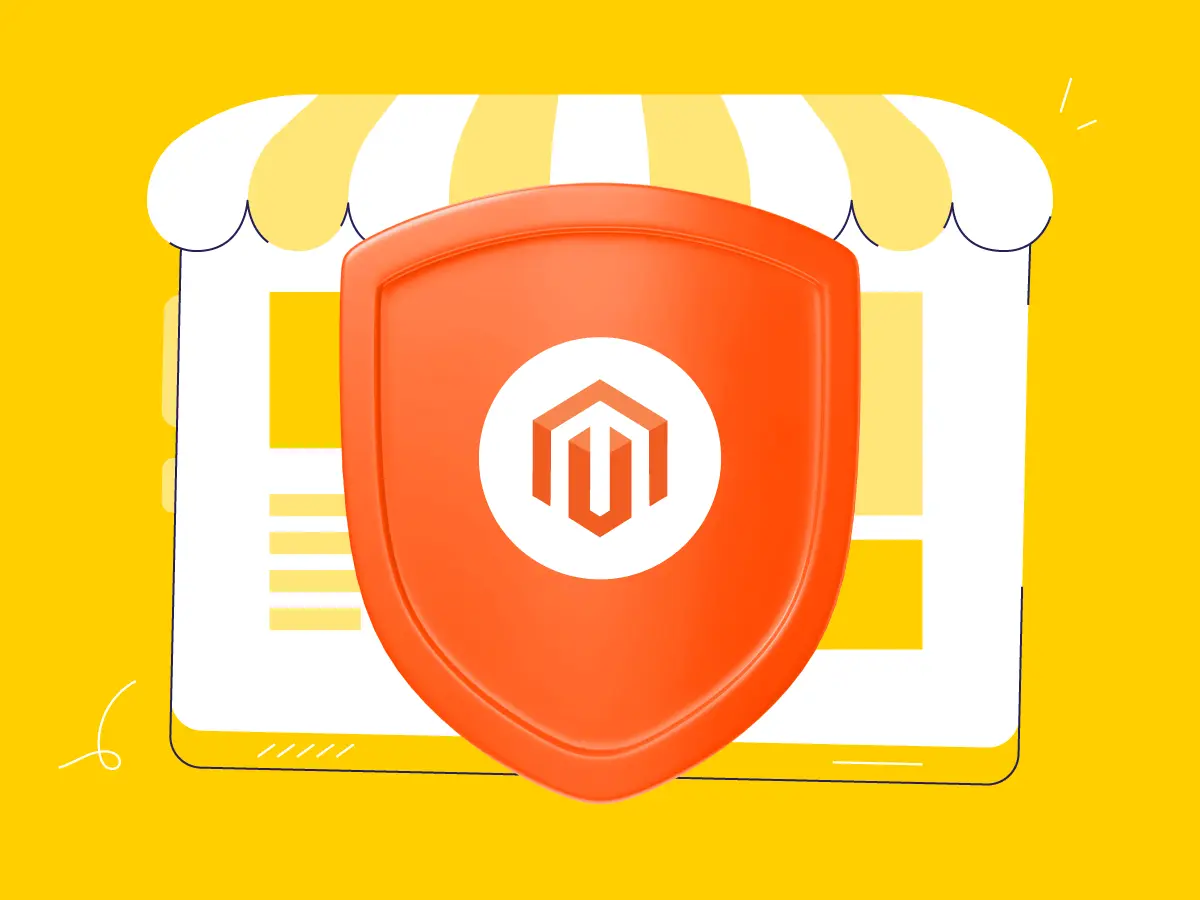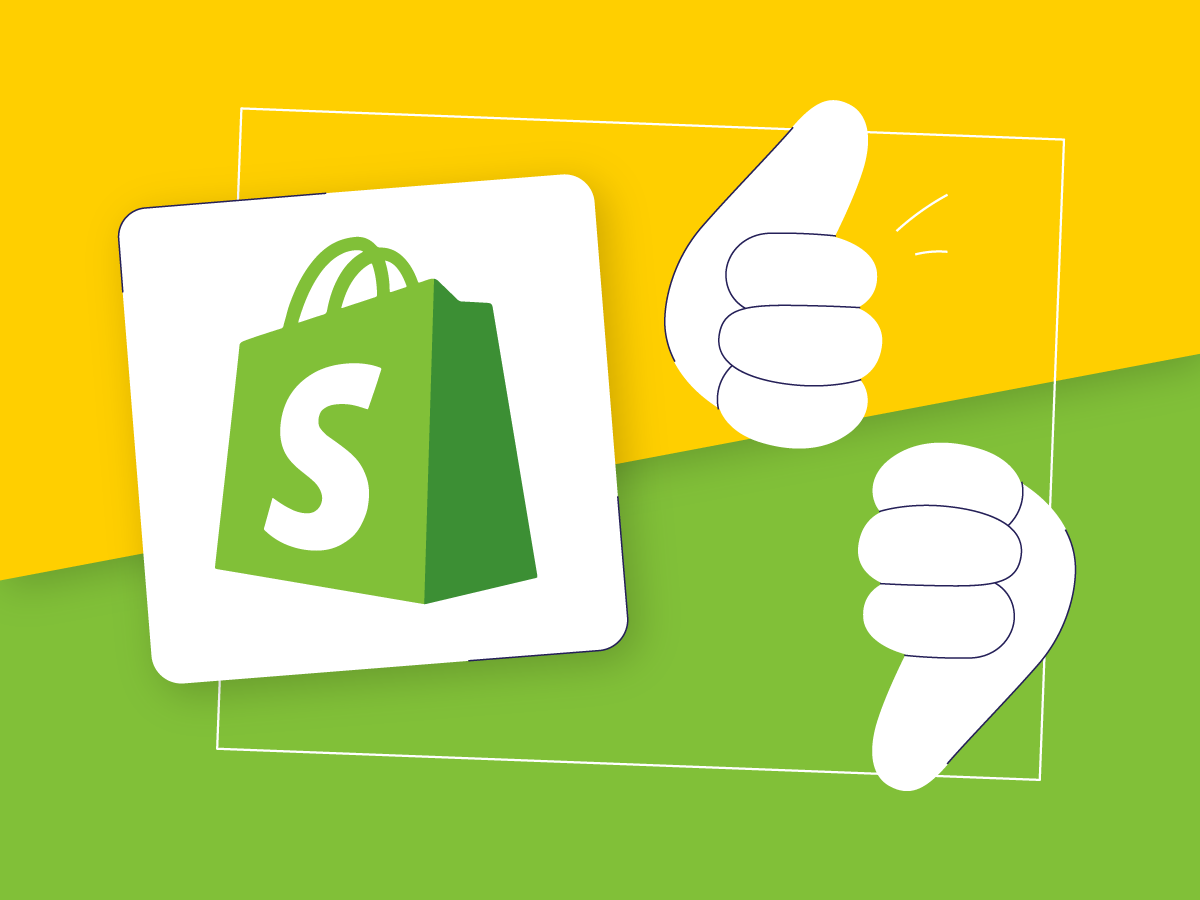What’s the difference between Symfony and Laravel, and which one should you go for?
The answer depends heavily on what you need right now and what you’re planning for the future. When starting an e-commerce business, choosing the right PHP framework is a crucial step. It can significantly affect your website’s functionality, its ability to scale, and how easy it is to maintain.
In this article, we’re going to take a closer look at Laravel and Symfony, two powerful PHP frameworks. We aim to help you understand the strengths and weaknesses of each of them. We’ll explore how they handle things like website speed and growth, their security features, and what they mean for your time and budget.
Comparison aspects
Performance and scalability
In the real world, your online store’s performance directly impacts your bottom line. Slow load times? Customers bounce, leading to lost sales. Every extra second your page takes to load can significantly increase the chance of visitors leaving. Poor performance equals poor customer experience, and in the digital marketplace, that’s a cardinal sin.
Wondering how else you can boost your store’s performance and keep customers happy? Check out our article on ecommerce trends in 2024 for more insights.
Laravel: performance plus scalability
Its speed and growth optimizations are some key reasons for selecting Laravel for your website.
Performance optimizations
Laravel offers caching mechanisms that help speed up your application. Think of caching as keeping your most frequently used items within arm’s reach, so you don’t have to search for them every time.
Efficient ORM
Laravel speeds up your site with smart caching and efficient Object-Relational Mapping (ORM) for database interactions.
Suitability for projects
Starting small but thinking big? Laravel is your go-to.
It’s perfect for small to medium-sized projects. Additionally, it scales up nicely as your business grows, thanks to additional configurations and packages. It’s built to expand with you, ensuring you don’t hit a technical wall just as things start to get exciting.
Symfony: handling the heavy lifting
Now, let’s talk about Symfony. Imagine Symfony as a heavy-duty truck, designed for complex tasks and high traffic.
Optimized for high-performance needs
Symfony is designed for efficiency under pressure. It’s ideal for sites with a lot of traffic and complex operations.
Scalability
With its flexible structure, Symfony is great if you’re expecting your business to grow significantly. It can be adapted to changing business needs, making it a reliable choice for the long haul.
Poor performance can be the Achilles’ heel of your online store. Neglecting scalability can cap your growth potential. When choosing between Laravel and Symfony, consider your starting point and where you aim to be. If you’re gearing up for growth and looking for a mix of performance, ease of use, and scalability, Laravel is a great choice.
Security features
Security is like the lock on your store’s door; you want a strong one! According to Microsoft, 30% of attacks are targeted at websites.
A secure platform protects against data theft, which could harm your reputation and bottom line. Now, how do Laravel and Symfony stack up in this arena?
Keeping things locked tight with Laravel
Laravel stands out among other eCommerce platforms as one of the most secure ones.
Built-in protection
It’s got your back against common threats like SQL injection, cross-site scripting (XSS), and cross-site request forgery (CSRF). It keeps the bad guys out without you having to think too much about it.
Secure authentication and encryption
Laravel makes sure only the right people can get into certain parts of your site. And it keeps your data encrypted, maintaining privacy and integrity.
Symfony: the fortress for your business
Symfony, on the other hand, is like a fortress. It’s designed with:
Enterprise-level security
Symfony provides a comprehensive security component with advanced protection capabilities. It’s as if you’re fortifying your store with high walls and watchtowers.
Flexible security configurations
Given its flexibility, Symfony allows for custom security configurations tailored to the complex needs of your application. This means you can adjust the level of security based on what your specific e-commerce platform requires.
Development cost and time
When you’re running a small e-commerce business, every penny and every minute counts, right? You want to make sure you’re investing in tech that not only meets your needs today but also won’t break the bank or take ages to get off the ground.
Understanding Symfony vs. Laravel’s efficiency and development capabilities helps in budgeting. Choosing the right framework can optimize development costs and project timelines.
However, do remember that the initial setup and development may require more time and investment.
Laravel: Streamlining Your Path to Launch
Laravel is like a fast train to your destination. Here’s why:
Symfony: built for the long haul
Symfony, on the other hand, is like preparing for a marathon:
Deciding between two platforms running on PHP – Laravel vs. Symfony? It comes down to what you need now versus later. Laravel gets you up and running quickly with faster development and lower initial costs. Symfony, on the other hand, is built for the long run, offering a stable, maintenance-friendly platform that grows with you.
Your guide to selecting the right framework: Laravel vs. Symfony
Here’s a quick glance at how Laravel and Symfony stack up against each other. The table provided below aims to give you a clearer idea of which PHP framework might be the best fit for your project.
Why resort to expert development services at Alva Commerce
Comparing Laravel vs. Symfony and selecting the right one for your e-commerce site can feel like navigating a maze. Why not make the journey smoother with Alva Commerce’s expert development services?
If you’re leaning towards Laravel for its blend of performance, ease of use, and scalability, you’re in good hands with Alva Commerce. Our team offers:
- Directing to what works for you. We pinpoint the perfect platform to fit your specific business needs.
- Custom-fit solutions. Forget one-size-fits-all. We tailor your e-commerce platform to match your unique goals.
- Efficient development and products. Skip the headache of costly, time-consuming trial and error. Our team adheres to development and UX best practices to ensure the maximum efficiency of your website.
- Support for your growth. Development is just the start. We’re here for the long haul, ensuring your site evolves with your business.
At Alva Commerce, we’re more than developers; we’re your dedicated partners in making your business flourish. With us, navigating the choice between Laravel and Symfony becomes less about confusion and more about taking a confident step towards success.
Conclusion
Remember, selecting a PHP framework reminds choosing a partner for your e-commerce journey. But it’s all about matching your current needs and future aspirations with the capabilities of these frameworks. Here are your key takeaways:
- Laravel is a solid choice for small to medium-sized projects aiming for quick market entry. Its performance, scalability, and security features ensure your website can grow seamlessly alongside your business.
- Symfony, with its robust structure and adaptability, is the go-to for larger, complex projects expecting high traffic or requiring extensive customization. It’s built for longevity. And it ensures that your platform remains efficient and maintainable as your business evolves.
We at Alva Commerce specialize in Laravel development. Our team offers high-quality solutions to technical problems, helping small e-commerce businesses like yours scale successfully. Our mission is to make your e-commerce venture successful by being a transparent and client-oriented tech solutions partner every step of the way.


